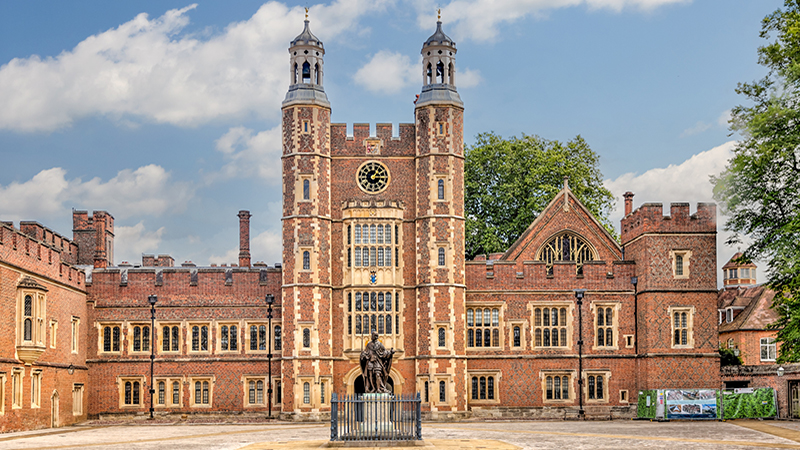Labour is the most backed political party by high net worth individuals in the UK despite its plans to charge VAT on private school fees, according to new research by Saltus.
Over a quarter (27%) of the 2,000 people with assets surpassing £250,000 plan to vote for Keir Starmer, versus just 16% for the Conservatives and 15% for the Liberal Democrats.
The proposed Schools Tax would place a 20% VAT on those putting their children into private schools in the hopes of raising standards for state schools.
These higher fees could see 26% of parents taking their children out of private education, according to Saltus partner Mike Stimpson, so continued support from this previously Tory-backing electorate is a noteworthy shift.
“This is an important cohort,” he said. “They are wealth creators and taxpayers, and their contribution is key to the UK if it is to succeed in the coming decades, with an environment that fosters investment and job creation.”
However, Stimpson highlighted that support for the party by British high net worth individuals “fell sharply” following Liz Truss’ short tenure as prime minister, so “it is clear the Government still has much to do to win their confidence and support”.
See also: UK investment giants: British Isa proposals could fall foul of Consumer Duty
Only high net worth voters over the age of 55 were more likely to back Rishi Sunak come election day, with 29% supporting the Conservatives versus 21% for Labour. Yet this group is more certain that Starmer will win, with 70% forecasting a Labour victory.
That is quite a wide margin considering 31.5% of high net worth Brits overall expect Labour to take the most seats in parliament next month.
The next government will have to win high net worth voters on their three biggest priorities: to grow the economy (23.4%), reduce inflation (19.5%), and increase spending on the NHS (17.8%). Saltus’ latest findings imply that they think Labour would be the best party to meet targets.
“This survey suggests that high net worth individuals not only expect the Labour Party to win the next general election – regardless of their own personal political views – but that they are also more likely to vote for Keir Starmer than Rishi Sunak on 4 July,” Stimpson added.
“Given they have often been seen as Conservative voters, it is interesting to see this intention, particularly given that many parents in our survey have children at private school.”
See also: ARC: Wealth managers unfazed by election-packed year
This story was written by our sister title, Portfolio Adviser








